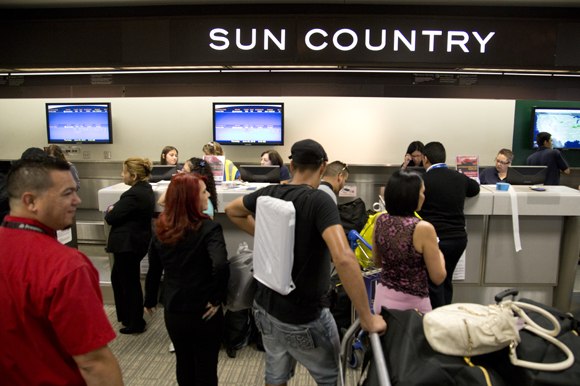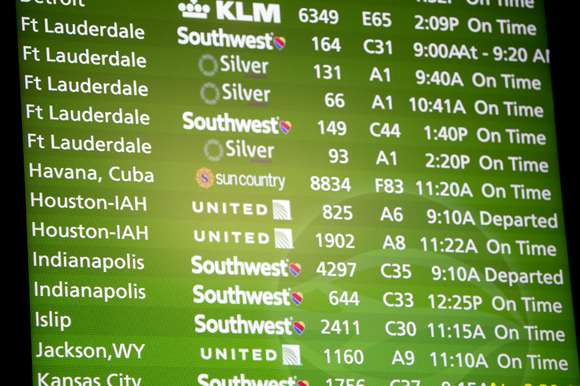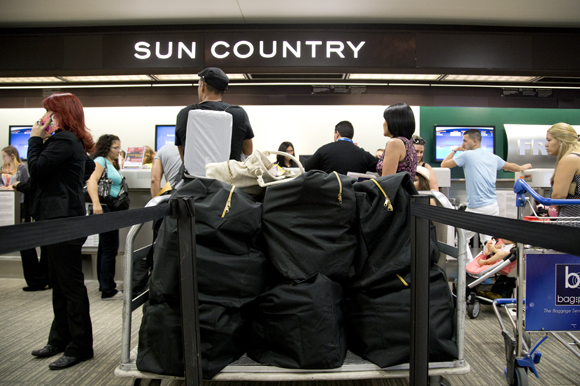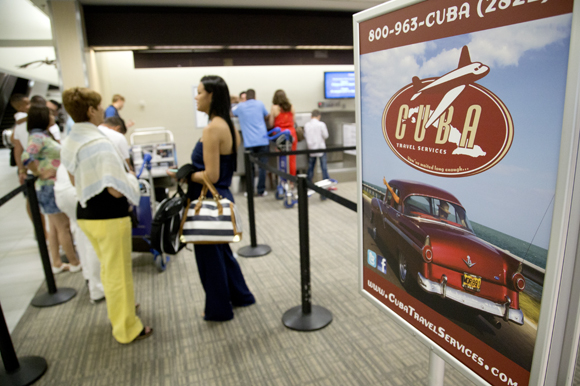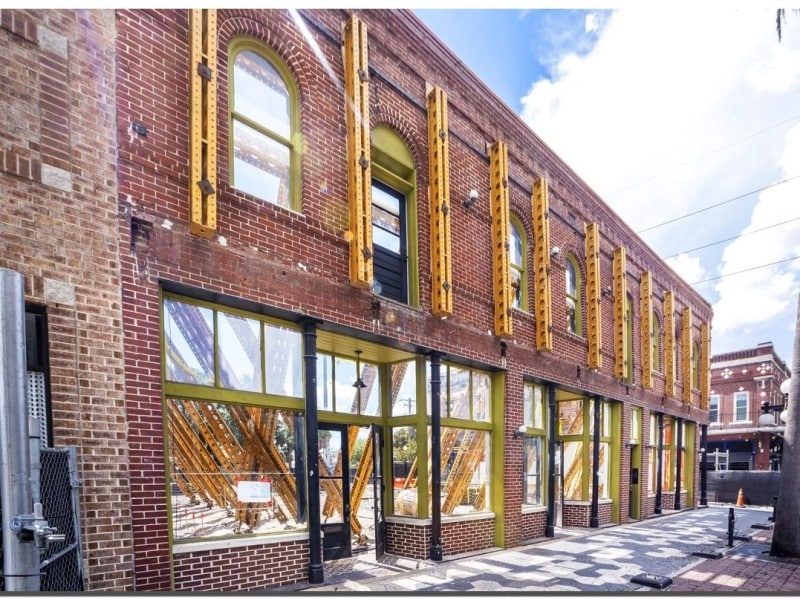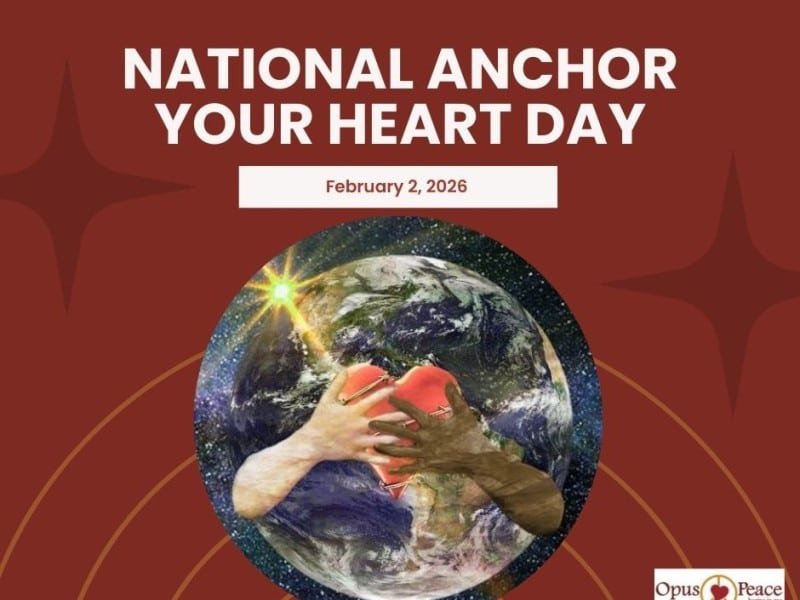What diplomatic relations with Cuba could mean for Tampa Bay
With the U.S. taking steps to normalize relations with Cuba, Tampa Bay is in a unique position. Local thought leaders share their perspectives on Tampa's role in re-establishing diplomatic ties with the island.
When it comes to U.S. relations with Cuba, the last seven months have been monumental. Talk of reinstating diplomatic ties with the communist island made headlines back in December, when President Obama announced looser travel restrictions for Americans. Since then, Cuba has also been taken off the state-sponsored terrorism list.
But the most significant development came last week when news broke that the U.S. embassy in Havana will officially be reopening, as will the Cuban embassy in Washington.
These doors have been closed for over half a century.
So what does this mean for the Tampa Bay area? In a statement put out by the Greater Tampa Chamber of Commerce, President and CEO Bob Rohrlack says the reopening of the embassies brings Tampa one step closer to expanded economic opportunities with Cuba.
The organization has been leading the charge to reestablish this relationship for quite some time. In fact, they had feet on the ground in Cuba back in May. According to Chamber Chair Ronald A. Christaldi, an attorney at Shumaker, Loop and Kendrick, the trip was extremely productive.
“We’re really focused on positioning this region to expand its commerce with Cuba, and to be positioned to do business with Cuba as the trade restrictions and travel ban get normalized,” says Christaldi.
In his personal experience, the Cuban representatives Christaldi has met during his handful of trips have been both kind and eager to interact with Tampa residents. And as the United States and Cuba work toward normalizing diplomatic relations, potential opportunities for trade and commerce could directly impact Tampa Bay — especially since we’re Havana’s closest deep-water port.
Potential for expanding trade
According to Bill Carlson, president of the Tampa-based communications firm Tucker/Hall, Tampa was also Cuba’s leading trade port before the embargo.
“Now is a tremendous opportunity for us,” says Carlson. “There’s talk about Havana becoming the next Singapore or Dubai or Hong Kong of Latin America, and if that happens, we need Tampa to be the main jumping-off point for the United States to do business with Cuba.”
If it comes to that, Carlson says Tampa International Airport could be in a position to become a worldwide travel hub — but don’t go packing your bags just yet. While President Obama has loosened up the travel restrictions, tourism is still prohibited on the island. (There are currently 12 approved travel categories, which include trips related to religion and education.)
At this point, however, Tampa is one of the few American cities that does offer flights to Cuba.
“We’ve served 193,000 passengers since we started the service in 2011, and our Cuban flights generate about $1 million a year for the airport,” says Joe Lopano, CEO of Tampa International Airport.
He adds that they expect to see a modest amount of growth as more and more people familiarize themselves with the travel restrictions.
“Once people realize that it’s pretty easy to fit into one of those 12 categories, that’s when the word-of-mouth appeal will likely increase,” he adds.
In the meantime, Lopano tells 83 Degrees that the airport currently offers eight weekly flights to Cuba. While TIA is seeing some growth within this market, he adds that a few factors on the other end also play a role.
“The infrastructure in Cuba needs significant improvement before we really start seeing any major growth,” says Lopano. “With the development of their four- and five-star hotels limping along there, it’s tough to really see an impact in air travel.”
Lopano points to an important part of the equation. American travelers in Cuba may have to prepare themselves for less-than-luxury hotels and (almost) nonexistent Internet service. The good news? The New York Times reports that Cuba plans to gradually expand its Internet access.
Improving quality of life
According to Christaldi, doing business with Cuba could be what ultimately helps improve the quality of life for its citizens.
“The opportunity to better the lives of the people in Cuba is through commerce,” he says.
For example, healthcare and biotechnology is one of Tampa’s leading industries. During his last visit to Cuba, Christaldi recalls meeting with oncologists there and discussing the ways in which the embargo limits their access to specific drugs and equipment.
Overall, he describes the climate in Cuba as being one that needs foreign investment.
“The day before we landed there, the French president was there meeting with government leaders,” says Christaldi, adding that Governor Cuomo from New York has also led a delegation to Cuba. “And while I was there, I know there were delegations from Dallas, Charlotte and New Orleans. We cannot afford to stand flat-footed in positioning ourselves to do commerce with the region while the rest of the world is seizing the opportunity.”
As the U.S. embassy prepares to reopen in Havana later this month, the trade embargo officially remains in effect. In the meantime, President Obama is publicly pushing for Congress to lift it.

